On November 24, 2023, the "Bridging East and West: Cutting-Edge Perspectives in Language and Cognitive Science Forum|Language Cognitive Science Research and Applications (Phase 1)" was officially launched at Beijing Languageand CultureUniversity. The workshop was organized byCenter for the Cognitive Science of Languageat Beijing Languageand CultureUniversity and attracted over 50 teachers and students from various universities and research institutions across China. This session of the workshop consisted of academic lectures and eye-tracking technology training,aimingto promote communication on the latest research progress of eye tracking technology in the field of language cognition, and provide professional eye tracking technology training.
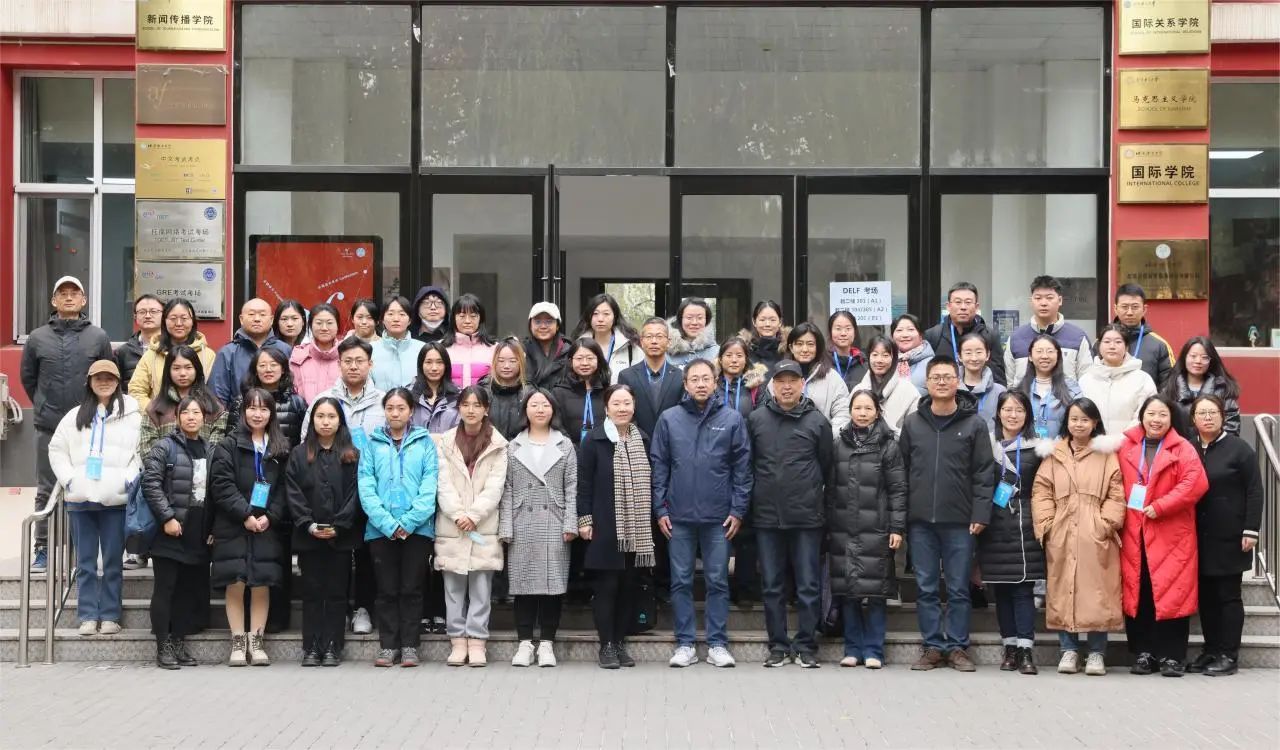
During the opening ceremony of the workshop, Professor Wang Jianqin, the director ofCenter for the Cognitive Science of Languageat Beijing Language University, delivered a speech, and Jiang Rong, deputy director of the base, presided over the opening ceremony. Professor Wang warmly welcomed the workshop participants and expressed sincere gratitude to the invited experts. He pointed out that eye-tracking technology plays a crucial role in cognitive neuroscience research on language and reading, providing a unique perspective for researchers to understand the human auditory and visual perception and cognitive processes. Through monitoring individuals' eye movements during reading and language processing,we canreveal the dynamic process of language processing. The workshop aims to provide a high-quality platform for participants to gain an in-depth understanding of eye-tracking technology principles, applications, as well as data collection and analysis methods, hoping that they can benefit from this workshop.
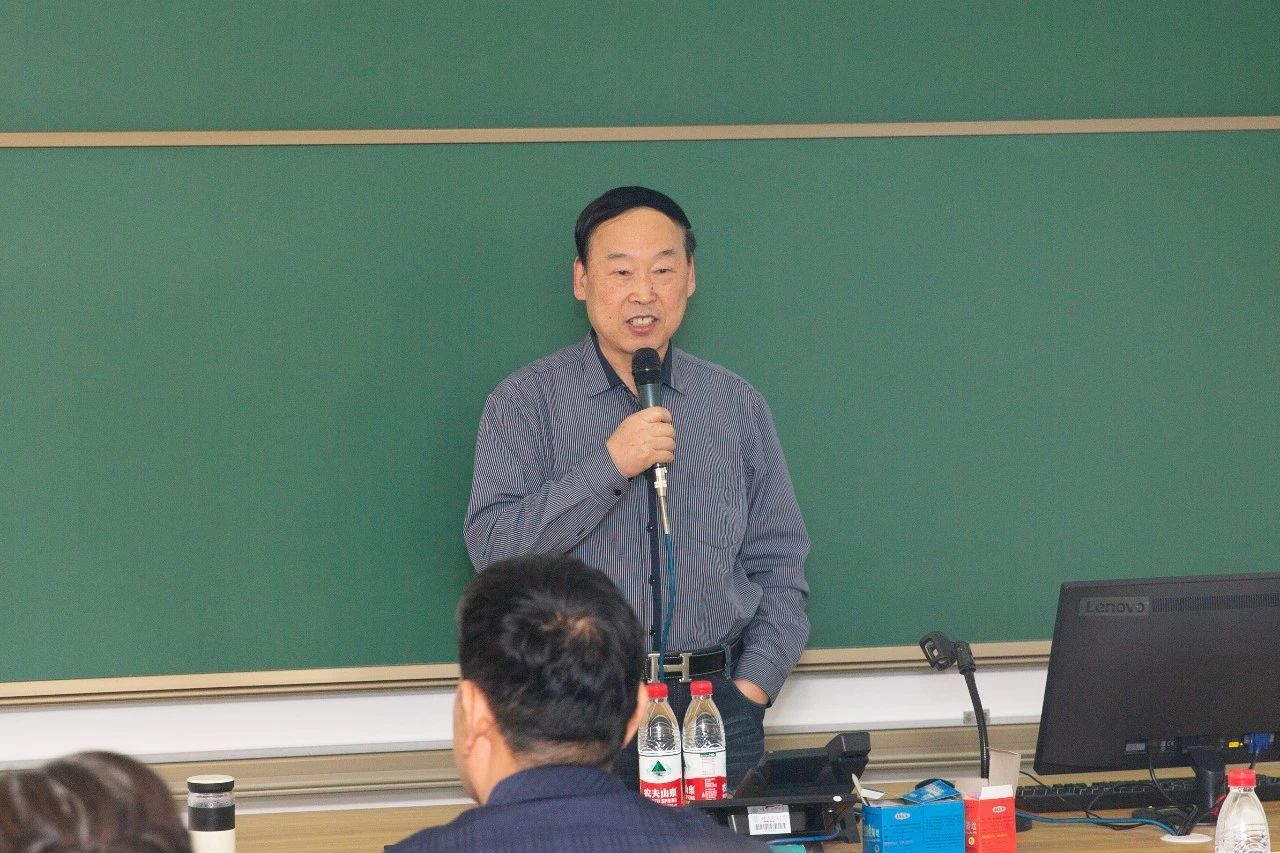
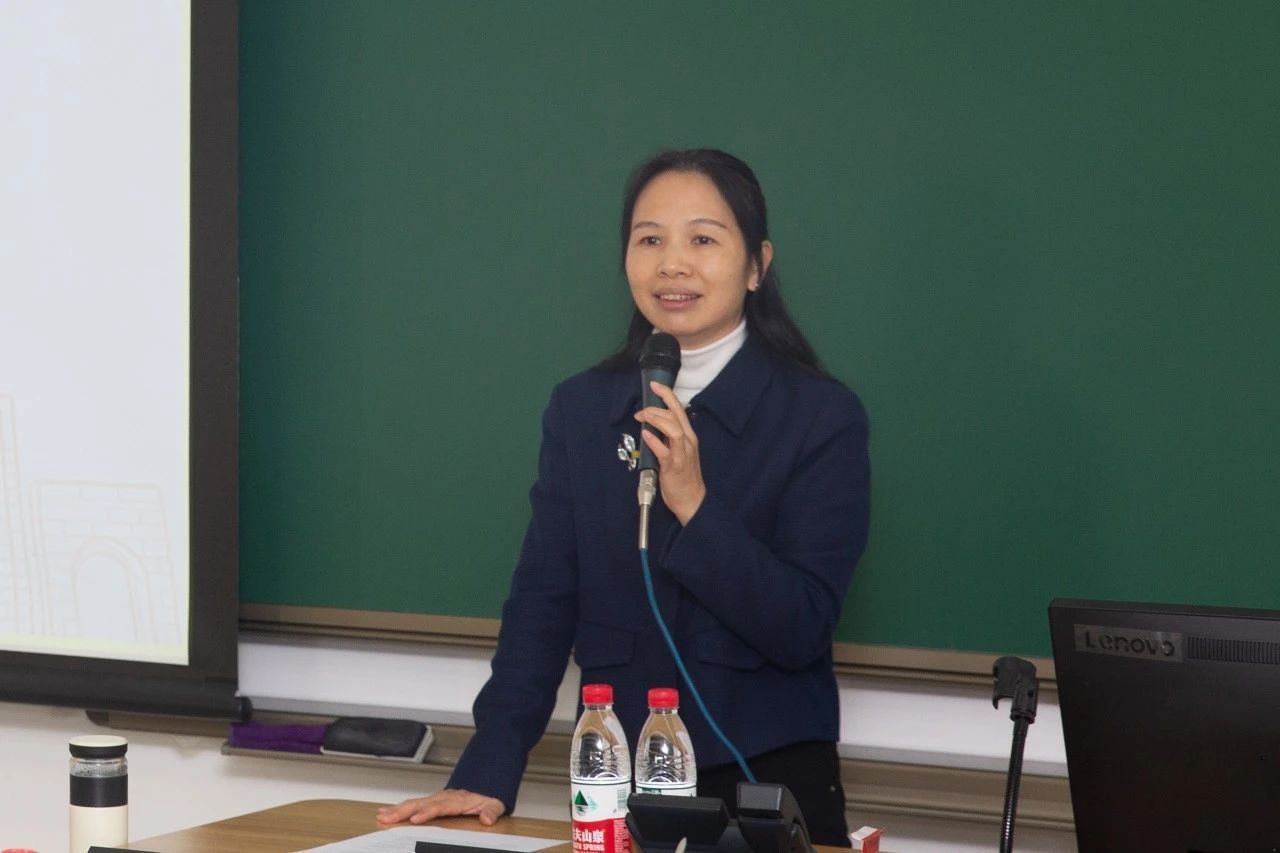
Academic Lectures
In the academic lecture module of the workshop on November 24, the following scholars were invited to give lectures: Li Xingshan, a researcher from the Institute of Psychology, Chinese Academy of Sciences, Professor Erik Reichle from Macquarie University in Australia, Professor Yan Ming from the University of Macau, Professor Zhang Mingsha from Beijing Normal University, and Professor Kevin Paterson from the University of Leicester in the UK.
Report 1: The cognitive mechanism of Chinese reading specificity
Speaker:Researcher Li Xingshan,Institute of Psychology, Chinese Academy of Sciences
Li Xingshan, a researcher from the Institute of Psychology, Chinese Academy of Sciences, delivered a report entitled "Cognitive Mechanisms of Chinese Reading Specificity", in which he proposed two core theoretical hypotheses involving competition in word segmentation and an eye-movement landing point selection strategy based on processing. He also shared the construction of the Chinese Reading Model (CRM) and related research, and introduced the construction of a Chinese reading database, looking forward to the application prospects of the database in cognitive research and reading education.
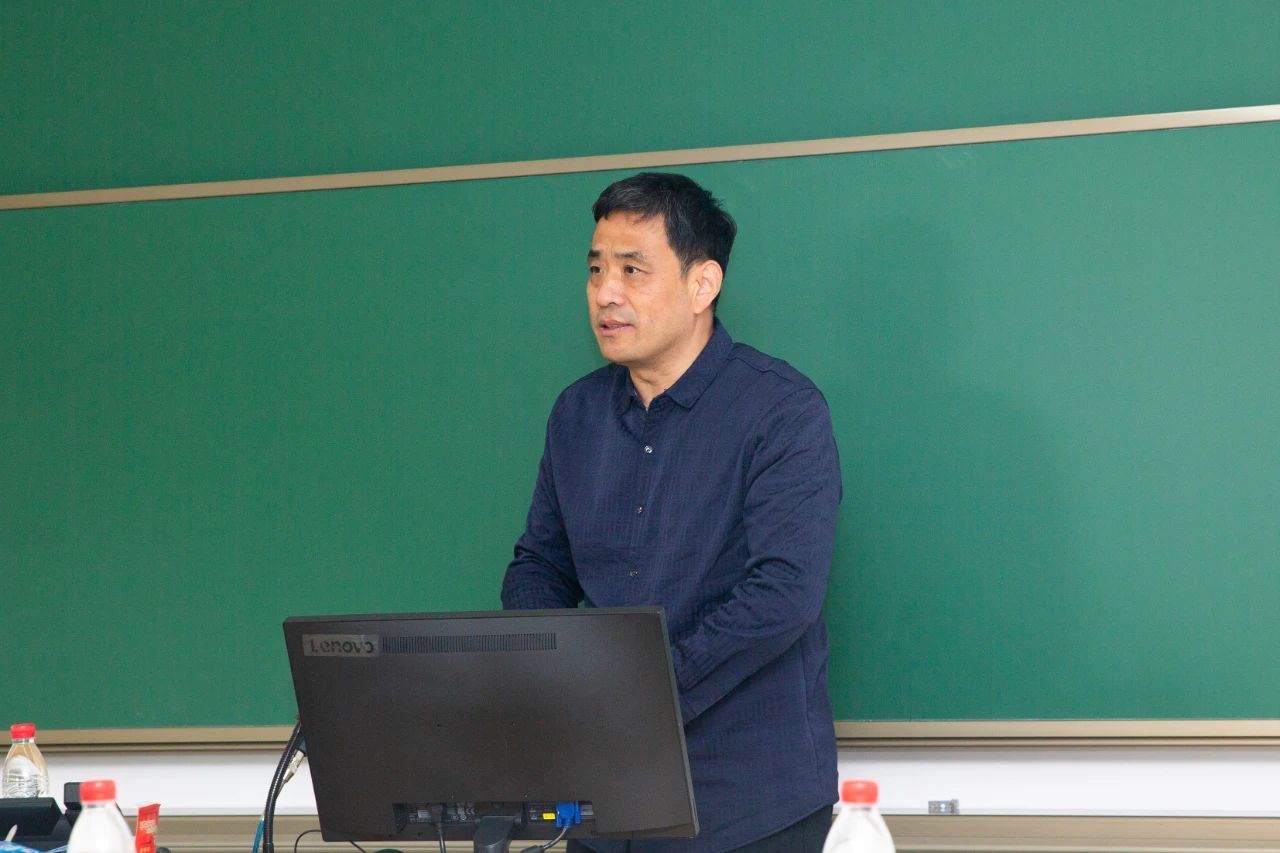
Report 2: Towards a complete model of reading
Speaker: Professor Erik Reichle, Macquarie University, Australia
Professor Erik Reichle from Macquarie University in Australia gave a detailed report on "Towards a Complete Model of Reading," introducing how to use computational models, eye-tracking experiments, and other methods to explore the perceptual, cognitive, and motor processes involved in reading, providing a foundation for simulating reading (such as the E-Z Reader model and the Über-Reader model).
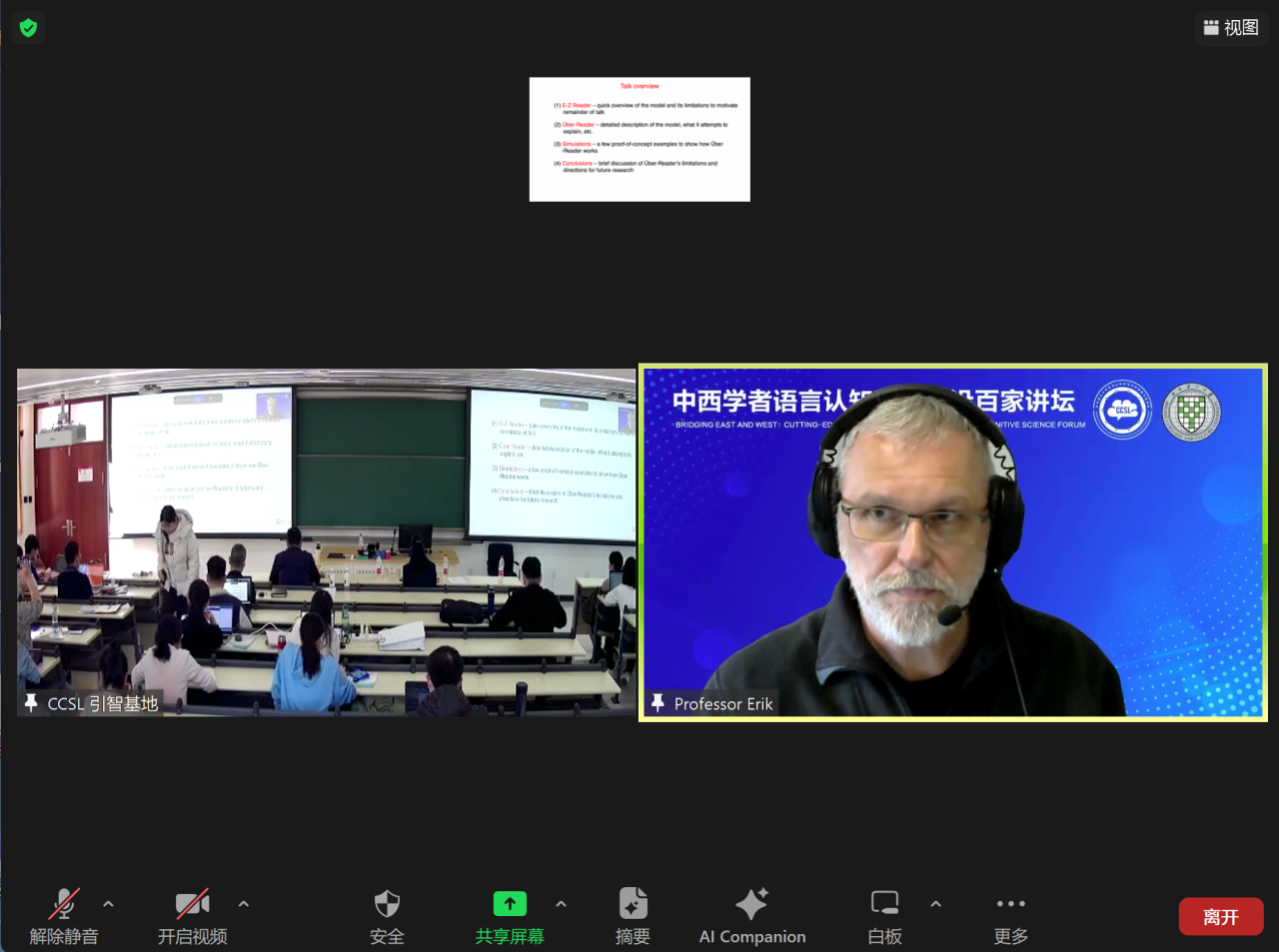
Report 3: A study on perceptual span in sentence reading
Speaker: Professor Yan Ming, University of Macau
Professor Yan Ming from the University of Macau delivered a report entitled "Perceptual Span in Sentence Reading," which revealed the asymmetrical phenomenon of perceptual span in readingusing the moving window paradigm. He explained the possible reasons for this phenomenon, including brain lateralization, reading direction, and individual differences, and proposed that color segmentation might help improve the reading ability of people with dyslexia.

Report 4: Looking into the Brain through the Eyes - Eye movement and brain diseases
Speaker: Professor Zhang Mingsha, State Key Laboratory of Cognitive Neuroscience and Learning, Beijing Normal University
Professor Zhang Mingsha from Beijing Normal University discussed the relationship between eye movements and brain diseases in his report entitled "Peering into the Brain through the Eyes - Eye Movements and Brain Diseases." He pointed out that the eyes, as a symbol of the window to the mind, have been widely used in brain science research. Professor Zhang introduced the use of eyesaccadeas a behavioral index to evaluate brain function and demonstrated a new product, a medical device for assisting the diagnosis of schizophrenia.
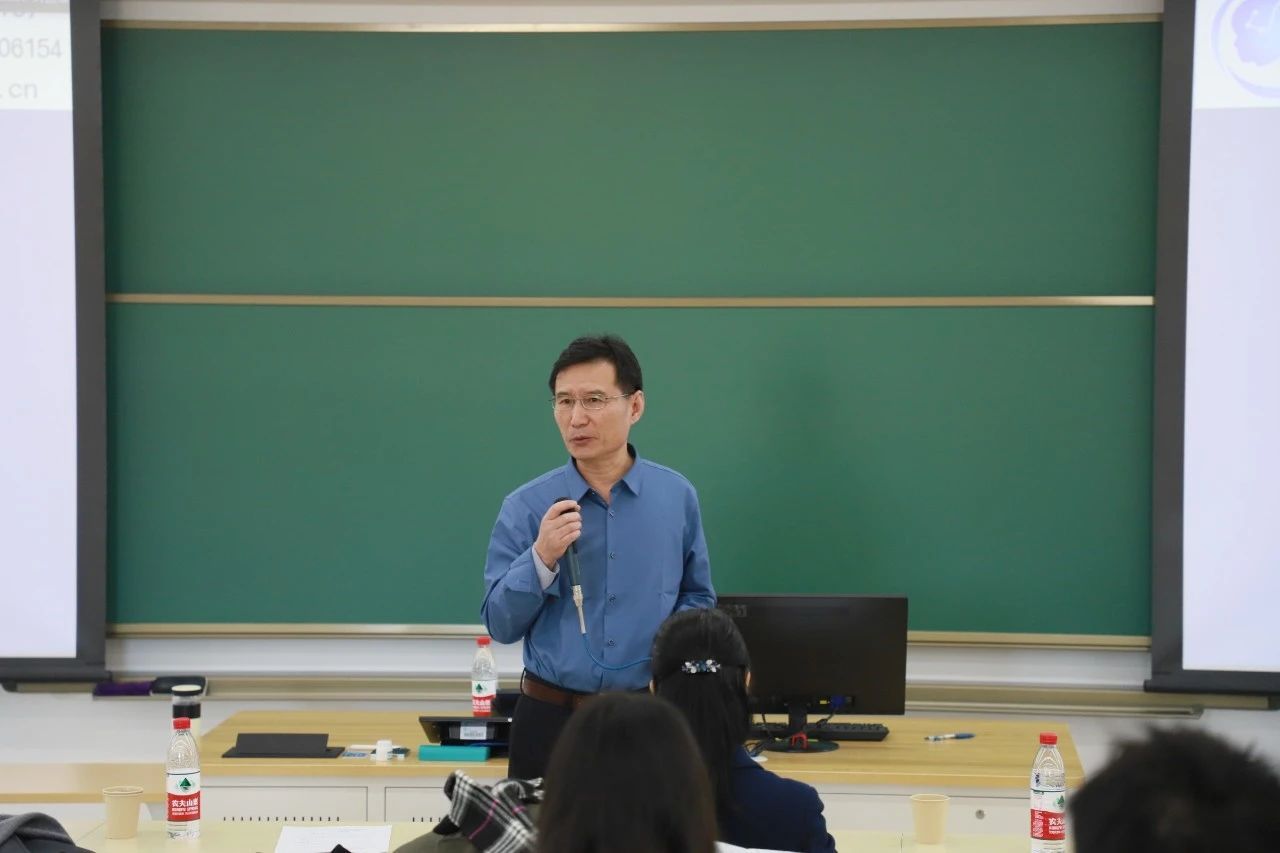
Report5: Using eye movements and EEG to understand ageing effects on reading
Speaker: Professor Kevin Paterson, University of Leicester, UK
Professor Kevin Paterson from the University of Leicester in the UK gave a report entitled "Using Eye Movements and EEG to Understand Ageing Effects on Reading," combining eye-tracking and electroencephalogram methods to study the effects of aging on reading, providing a comprehensive understanding of the interaction between eye movements and neural activity during the aging process in reading.
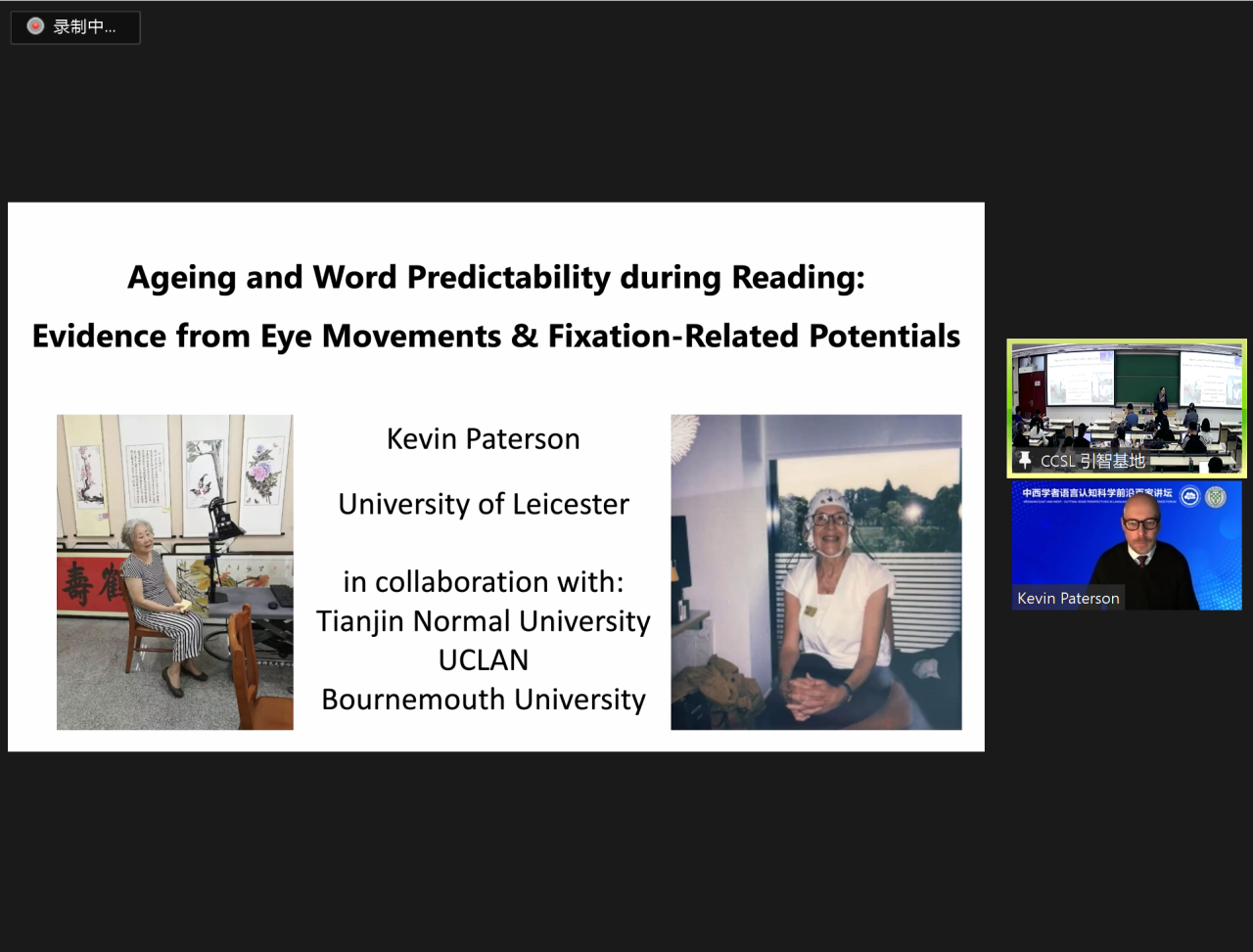
Overall, these five experts not only introduced the latest research in the field of language cognition but also interpreted classical research paradigms in language cognition. There was close interaction between experts and students, and the atmosphere was relaxed and enthusiastic. This academic feast deepened the students' understanding of cognitive science and greatly expanded their academic horizons and research ideas.